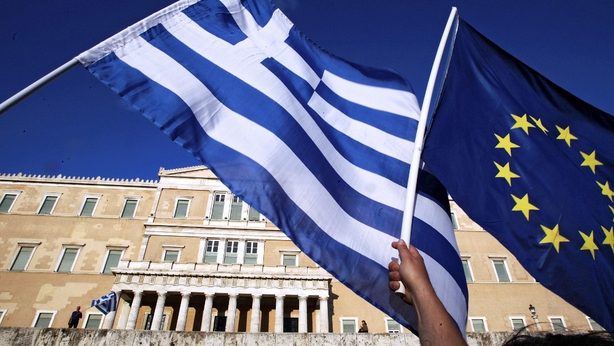European Economic Affairs Commissioner Pierre Moscovici said today that negotiators were "very close" to reaching a debt-relief deal for cash-strapped Greece.
Athens is battling to win debt relief from its European Union creditors, arguing that its burden of loan repayments is too hefty to be sustainable, but Germany has deeply opposed such a move.
Eurogroup head Jeroen Dijsselbloem has said he wants a deal on relief for the debt-wracked country at a meeting of euro zone finance ministers on Tuesday.
"We are approaching a crucial moment in these discussions and I am confident and hopeful that we can reach a positive conclusion because it is simply in everyone's interest to do so," Moscovici said.
He made his comments at a news briefing at a G7 finance ministers meeting in Japan.
"We're very close, very very close," he stated.
There is general public distaste in Germany, Europe's biggest economy and effective paymaster, for the €86 billion bailout programme for Greece.
Through a series of painful labour market reforms over the years and tight fiscal policy, Germany has managed to bring its own public finances back into the black, and many believe that Greece should do likewise.

Berlin believes Greece should be granted debt relief only in 2018 after it has fully complied with its EU bailout.
The International Monetary Fund said yesterday that Greece would need a lengthy period free from debt payments to stay afloat if the EU does not agree to cutting the debt up front.
The government of Greek Prime Minister Alexis Tsipras is eager to win the green light from its creditors to unlock much needed cash from the bailout to avoid defaulting on its huge debt payments this summer.
Greece is on the hook to repay big loans to the European Central Bank and IMF in July, and has already fallen behind paying for everyday government duties and public sector wages.

